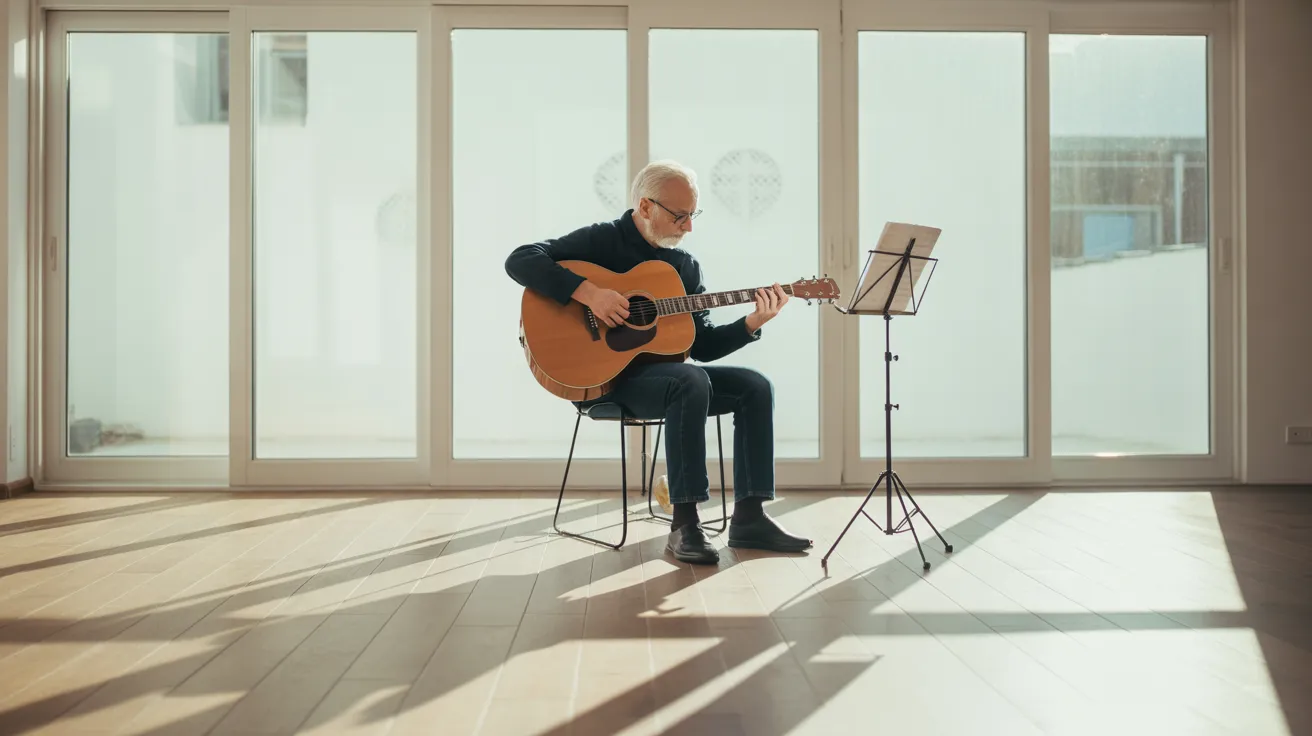
Frequently Asked Questions About Hearing Health
Isn’t some hearing loss just a normal part of getting older?
Yes, age-related hearing changes are very common. However, “common” doesn’t mean it should be ignored. Just as we use glasses to help us see more clearly, there are wonderful, modern solutions to help us hear more clearly. Addressing hearing loss can dramatically improve your ability to connect with others, boost your confidence in social situations, and even support your cognitive health.
Can I reverse age-related hearing loss?
Currently, there is no way to reverse the most common type of age-related hearing loss (presbycusis) because it involves physical changes to the inner ear. However, it can be managed very effectively. Hearing aids today are not the bulky devices of the past. They are tiny, sophisticated computers that can be programmed specifically for your unique hearing needs, making sounds clearer and conversations easier to follow.
What’s the difference between a free hearing screening and a full hearing test?
A hearing screening, often offered online or in commercial settings, is a simple pass/fail test to see if you might have a hearing problem. A full, diagnostic hearing test conducted by a certified audiologist is much more comprehensive. It takes place in a sound-treated booth and measures exactly which frequencies and volumes you can and cannot hear. This detailed evaluation is necessary to understand the precise nature of your hearing and determine the best course of action.
Will wearing hearing aids make me look old?
This is a very common concern, but the stigma around hearing aids is fading fast. In fact, what can make someone seem older is constantly asking “What?” or withdrawing from conversations. Today’s hearing aids are incredibly discreet; some are nearly invisible. Wearing them is a sign that you are taking proactive charge of your health and are committed to staying engaged and connected with the world—and that is a vibrant, youthful quality at any age.













